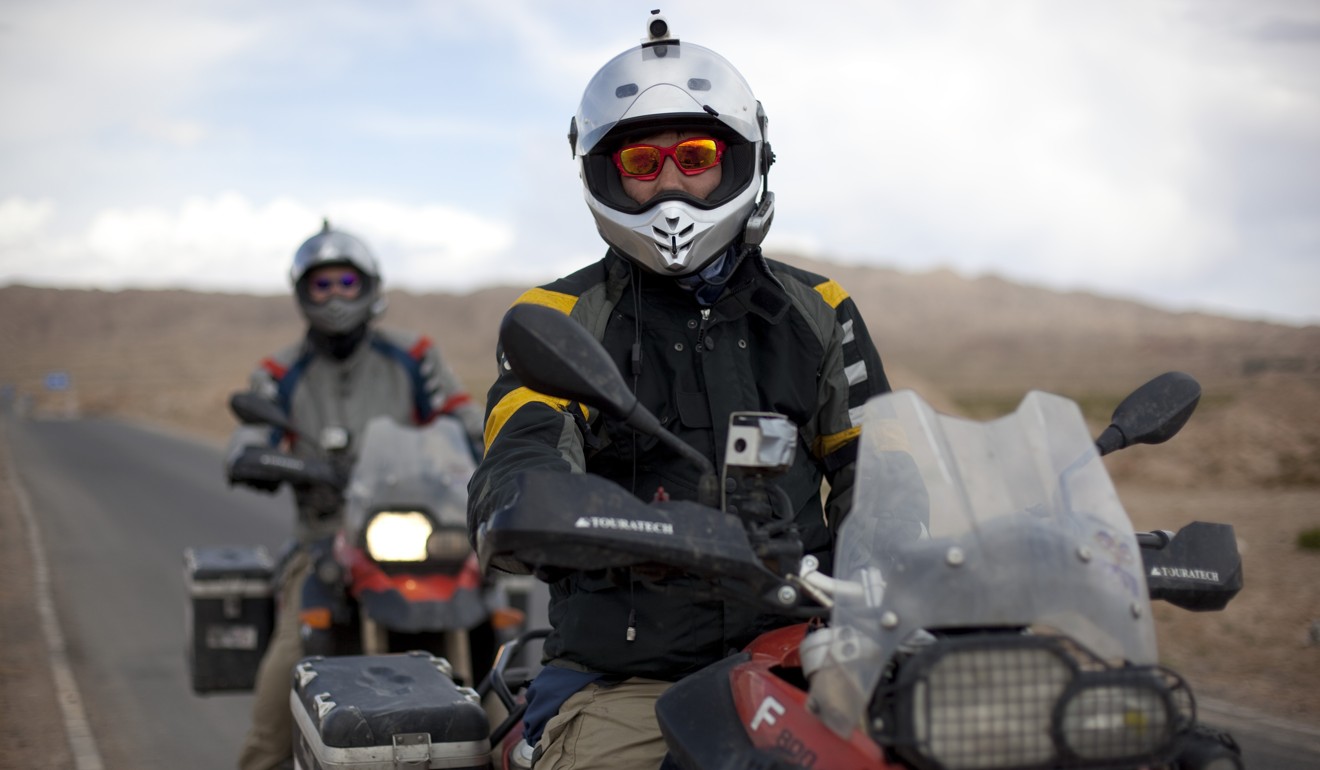
Hong Kong could be world leader in green energy and technology if the government invests, extreme explorer says
- Explorer, Discovery Channel presenter and sustainability advocate Ryan Pyle on how Hong Kong could be world’s greenest city
- Pyle talks about his bike journey across China and how he wants to show TV audiences the wonders of the world
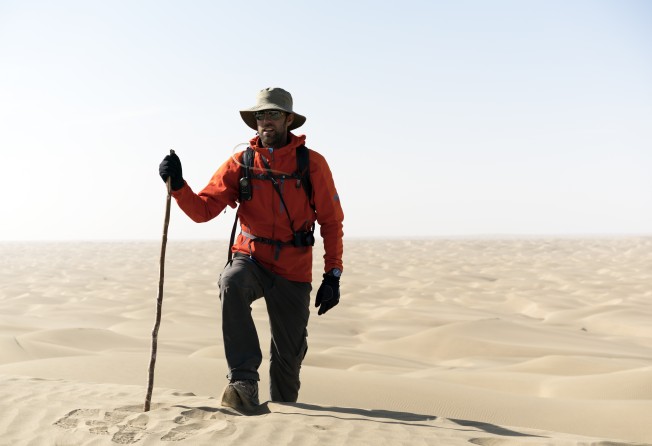
You could say Canadian explorer, television presenter and sustainability advocate Ryan Pyle is living the dream.
As he touches down in Hong Kong, one of many cities he visits regularly, to give a talk on environmentalism at City University, he is already thinking about where his next adventure will take him. That, and how Hong Kong has the potential to be the world’s greenest city, if it plays its cards right.
“You know, things can actually get done here. An example is the new airport and the new high-speed train. All these things get done,” he says. “So instead of expanding the harbour or doing [other] things, why don’t they [the government] just invest in making Hong Kong a leader in green energy, green technology and renewables. It’s a huge opportunity.
Once known for his rambunctious motorcycle rides across Asia, Pyle now spends his time taking on extreme treks into the wilderness, facing wild weather, and remote, and at times, hairy terrains. He and his crew once nearly got struck in an electrical storm in Russia, in what Pyle recalls as his most frightening misadventure.

But despite being regularly subjected to mother nature’s wrath, his respect for the environments he gets to explore runs deep.
“I’m the second host of my television show. The first host is nature. I love to play up the natural elements. I love to film the beautiful places. And I want to educate people about some of the amazing places around the world,” he says. “My goal is to show people how fun and beautiful these parts of the world can be … and that it does need to be taken care of.”
After circumnavigating China with his brother Colin, the Tough Rides series took him to Brazil, exploring the beaches of Rio, the deep Amazon rainforest and the southern cities. Next on the list was India, a tour that took them up the isolated north Himalayan mountains, then down through metropolises further south, eventually winding up in the tiger-infested jungles of Bengal.
Of all the terrains Pyle has travelled through, it is the desert he likes most. It might sometimes be remote and uneasy, but he has found his own comfort in these quiet, barren places.
“Every time I go out, we try to face some kind of adversity,” he says. “It’s great to have the opportunity to push yourself like that.”
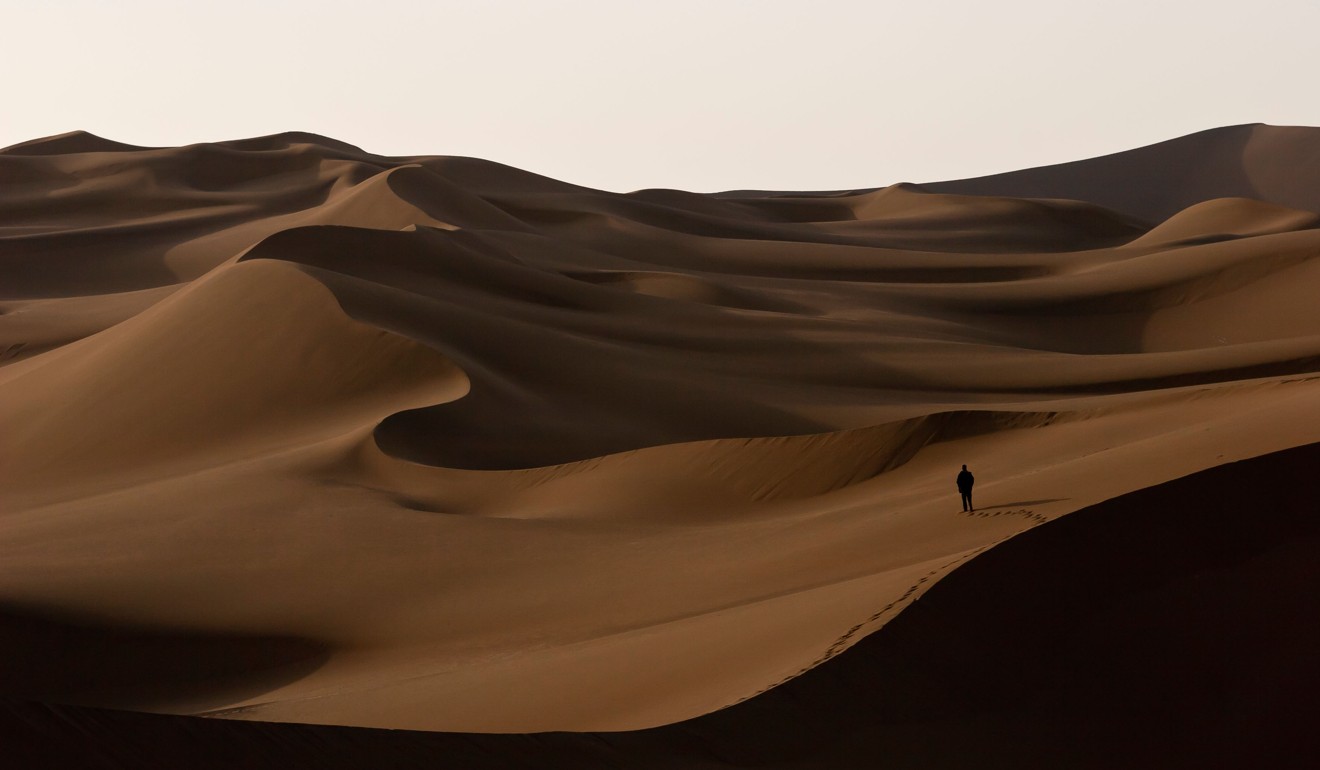
Pyle arrived in Hong Kong after a two-week-long sojourn into the Badain Jaran Desert, a desolate stretch of land covering 49,000 square kilometres across the Chinese provinces of Gansu, Ningxia and Inner Mongolia. His journey will air soon on television show Expedition Asia Treks on the Discovery Channel. He shows off pictures from the trip: a caravan of camels, sand dunes that stretch as far as the eye can see.
He talks about the camel herder who leads them through the desert, who welcomed him and his crew into his life, allowing Pyle glimpses of a way of life so far removed from his own.
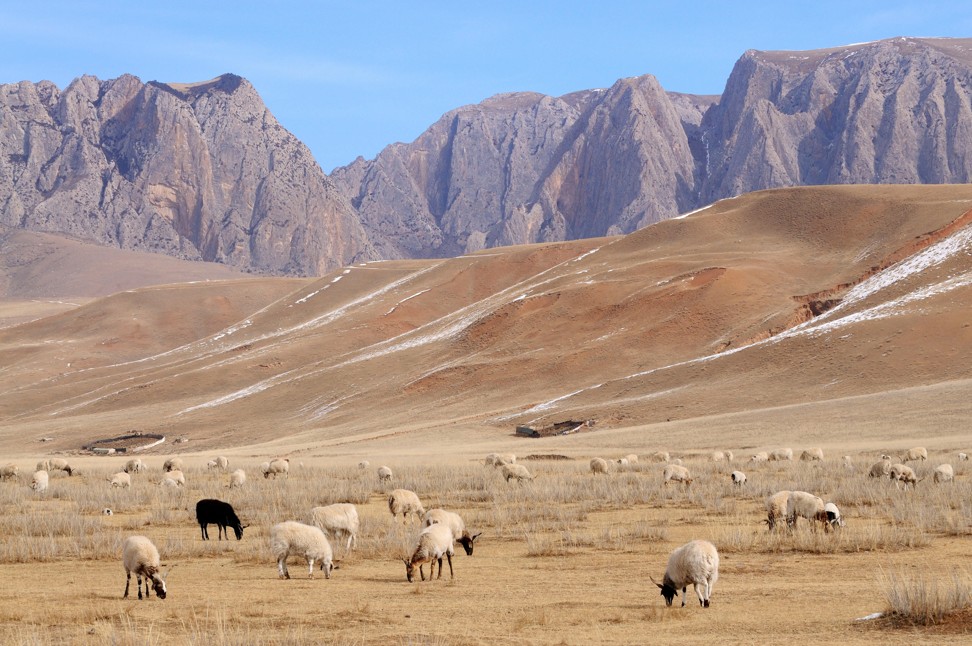
“It was magic to see how content and happy he was with his animals. He was a herder, a raiser of animals. And he took us across the desert without a compass or a GPS. And it was remarkable,” he recalls.
Meeting and getting to know the camel herder was particularly meaningful for Pyle, who is now more than ever committed to seeking out and better understanding traditional ways of life, and what it means to live at the mercy of the natural elements, far away from the securities, banalities and conveniences of city life.
“Going into nature feels like going home to me,” he says. “I’m addicted to it. I need it.”
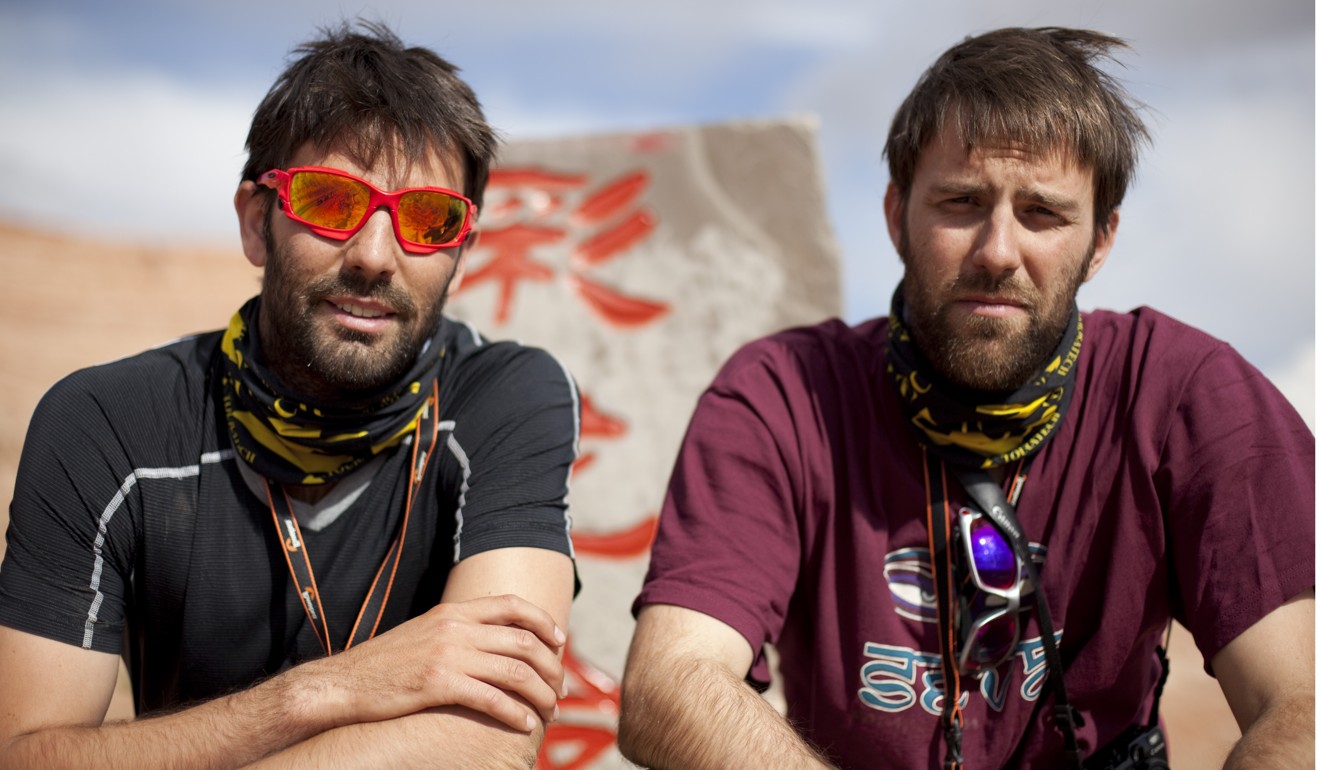
Although he speaks fondly of the natural setting, he is also concerned about how deserts are growing, just as glaciers he has visited in China and elsewhere are shrinking.
“I’ve spent a lot of time in the mountains so I’ve seen glaciers, and I spent a lot of time in the deserts, and the deserts are expanding. These are the things I’ve come into contact with most. The local people are always saying how much things are changing,” he says.
It’s an issue that is also at the forefront of Dr Justin Robertson’s mind. An associate professor at City University, he organised Pyle’s talk as part of a series of sustainability lectures, hoping to engage Hongkongers in the subject of climate change and its visible impact.
Previous speakers have included Canadian firebrand and television documentary star David Suzuki, who gave a dismal prognosis for the future of mankind as it’s currently operating in terms of addressing climate change. Robertson believes more explorers should come forward and advocate for the preservation of the natural habitats they are privileged to explore.
Explorers must play political roles with urgency, he adds, but many have failed to do so. Instead, he says, they bring to the screen “pristine worlds” that don’t represent the realities of landscapes facing ecological collapse.
Robertson says the shrinking glaciers that Pyle describes shows how climate change is even starker in colder climates. “Sadly this means that more spending will be needed for adaptation, and sooner than many thought,” he says.
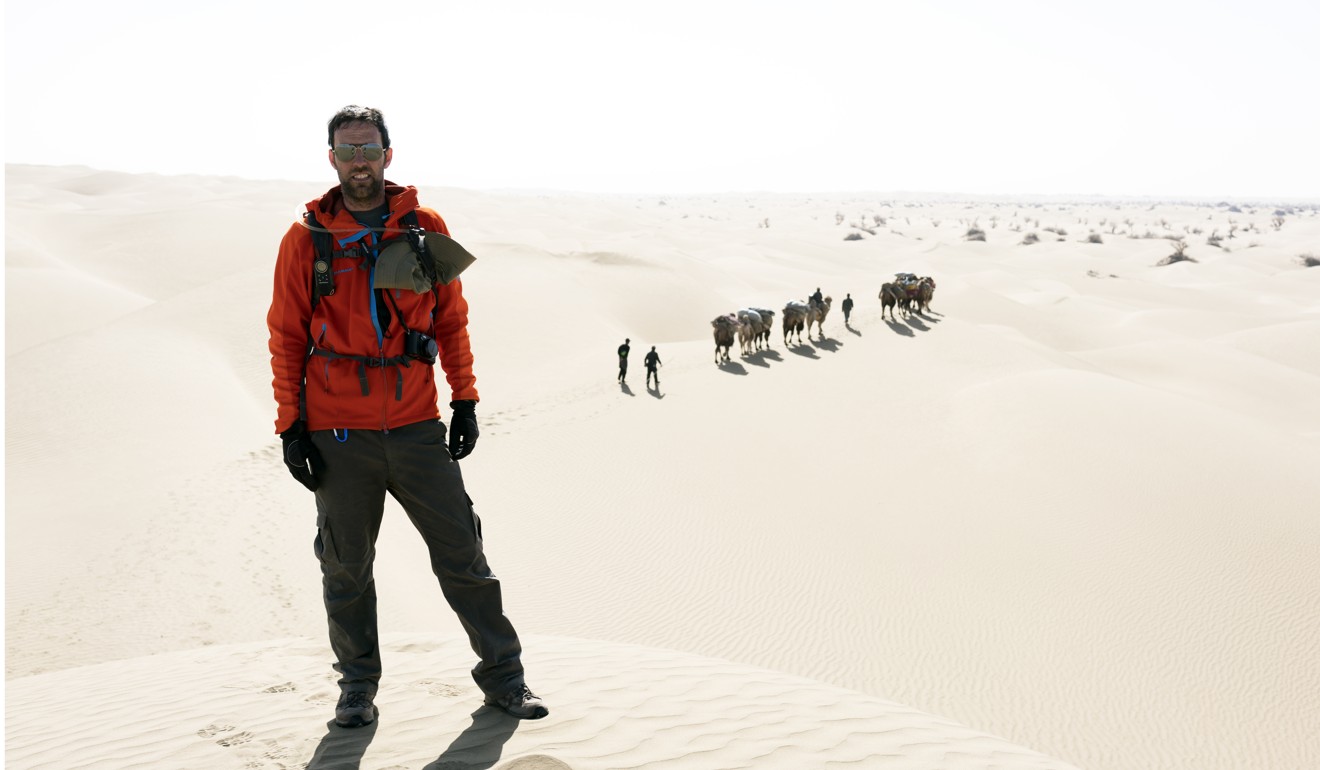
Pyle moved from his native Canada to Shanghai in 2002 to pursue a career in photography and reportage. Born in Toronto, Pyle’s travel bug only bit after his teens. His first love was basketball, a sport he gave his undivided attention up until it became clear that he couldn’t go pro.
“I played basketball from the age of six to the age of 22, and I wanted to be a professional basketball player – I played division one basketball in Canada. That was the highest level there was in Canada. And then when I graduated from University of Toronto, I was not good enough to play professionally,” he recalls.
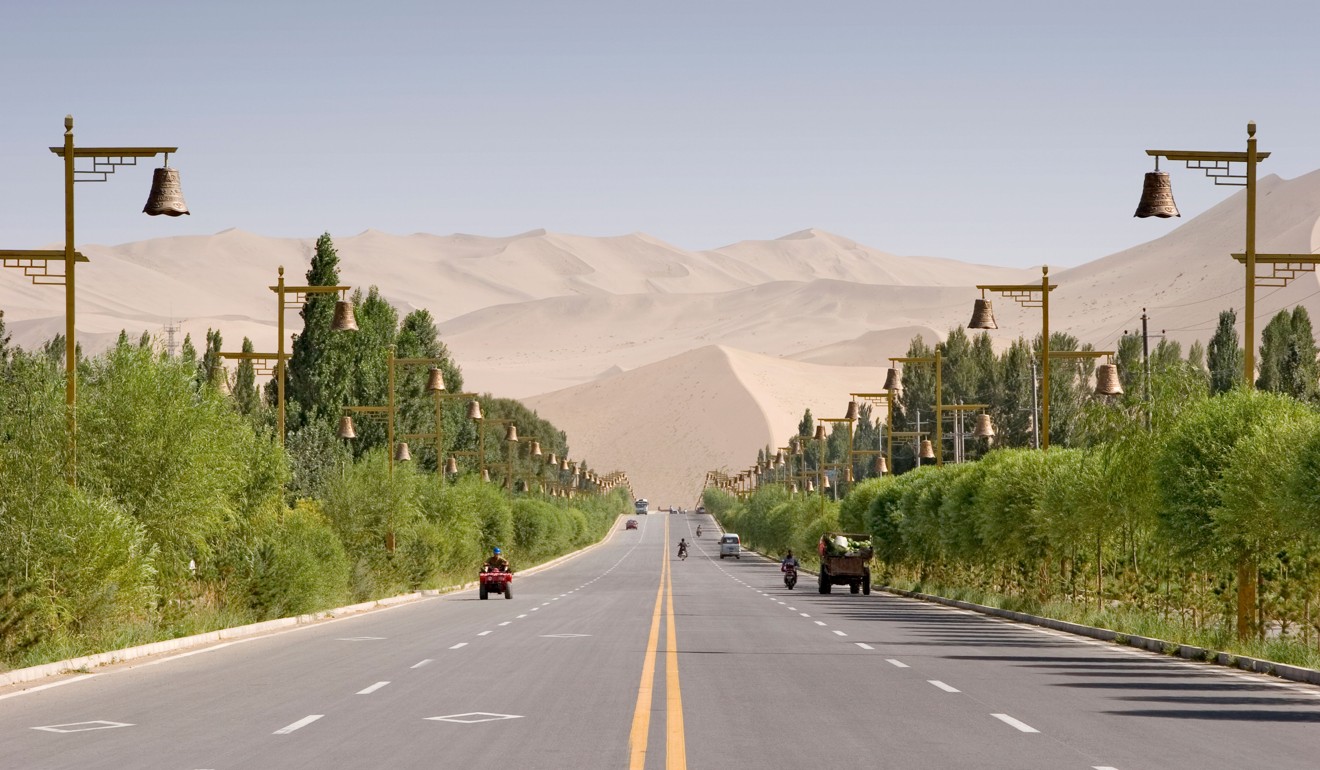
“Then once basketball was kind of gone, I opened up my eyes to other things and started to realise that there were a lot of things that I wanted to do and see.”
The same focus that carried him through his sporting years found new expression in the medium of photography. Pyle soon established himself as a snapper and writer, with the likes of The New York Times among his clients. In 2009, Photo District Newsnamed him as one of the top 30 emerging photographers in the world. Then, in 2010, he turned to television.
His first show was Tough Ride: China (broadcast on Travel Channel), which documented the raw reality of a motorbike trip he and brother Colin took around the Middle Kingdom.
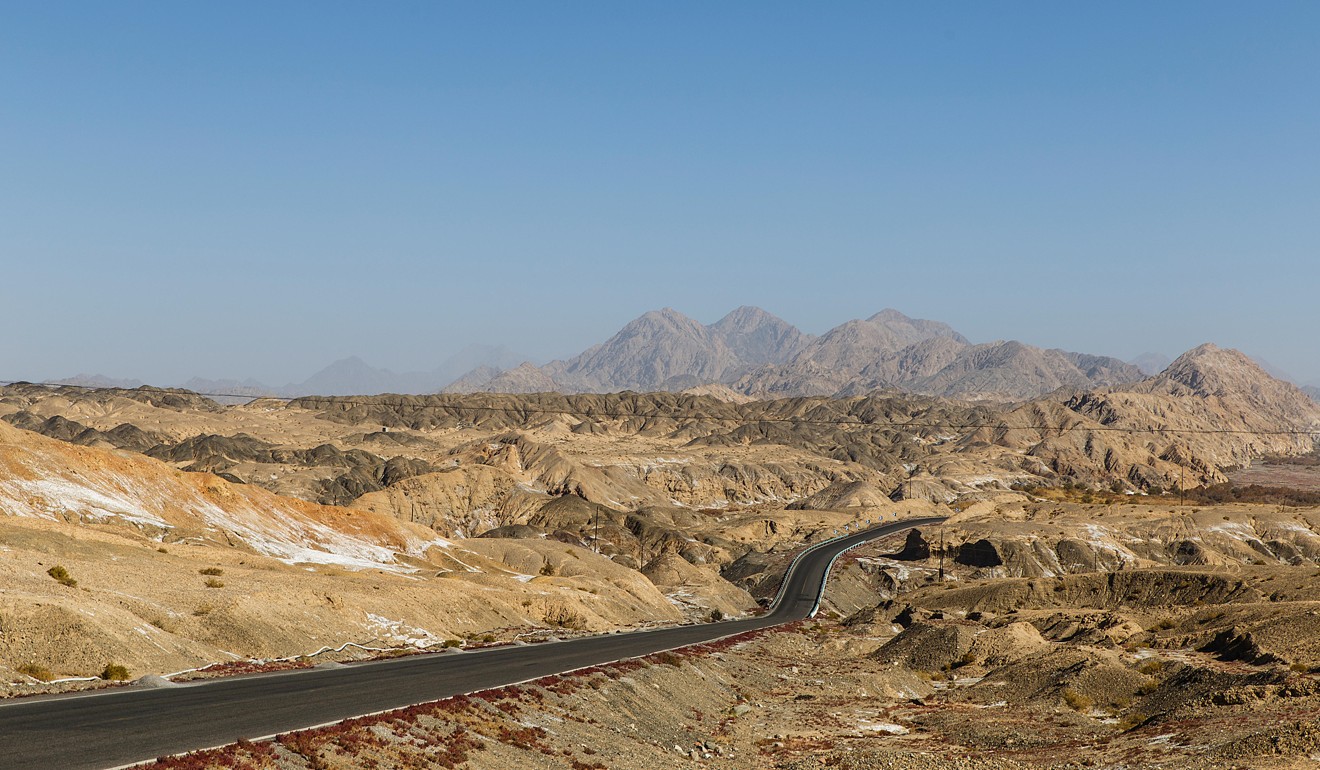
Covering 16,240km of terrain over two months, they zipped across motorways, found themselves stuck in truck traffic jam, and explored perilous sandy lands.
The trip earned a mention in the Guinness World Records for longest continuous journey by motorcycle within a single country.
It also sparked the start of a series of documentaries hosted by Pyle that he says showcases the natural world in all its splendour. Doing so has humanist ends, he reasons (even if it does leave a dent, carbon footprint-wise). His shows help sensitise viewers to mother nature, and as such, viewers will hopefully feel compelled to help better protect it. It’s a position Robertson believes is valid.
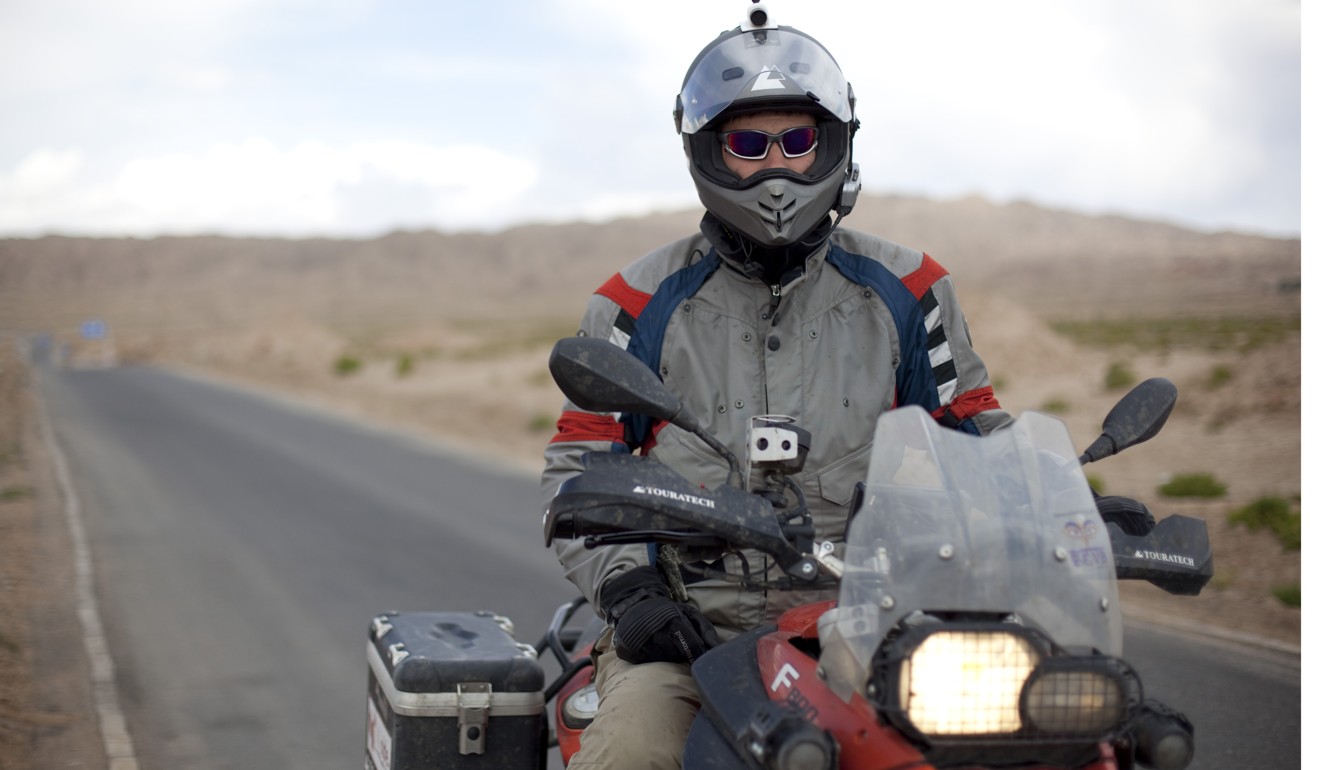
“I believe personal stories connect with individuals by visualising climate change … while also leaving us inspired to start our own journeys in nature and in political action,” he says. He adds that environmental engagement among Hong Kong’s younger generation is heartening.
One speaker talking alongside Pyle was Benjamin Chan Ka-hei, who at 19 is Hong Kong’s youngest person to climb Mount Everest, and who has expressed environmental concerns that have arisen on his own adventures into the wilderness.
“We all know that Hong Kong people are not apolitical and have demonstrated high levels of mobilisation. The big question is whether climate change will be an issue on which Hongkongers mobilise,” Robertson says.
“I see the global movement led by teenagers for climate change action as the most immediate test. Will students from local and international schools join forces to push their parents and political and business elites to be bolder on climate policy? I am cautiously optimistic.”